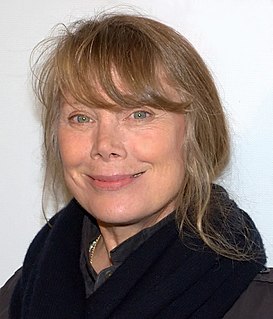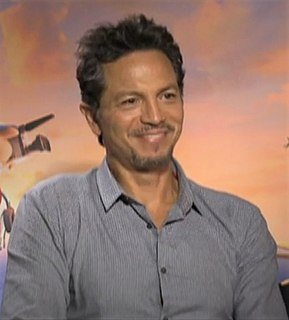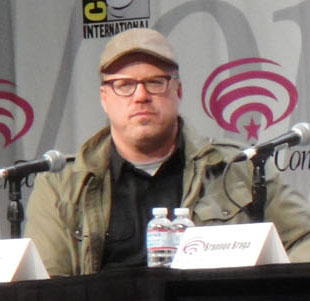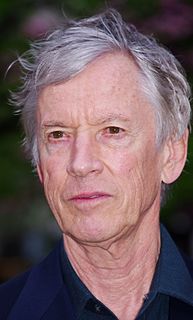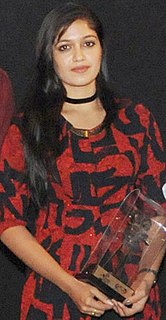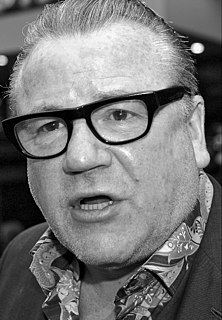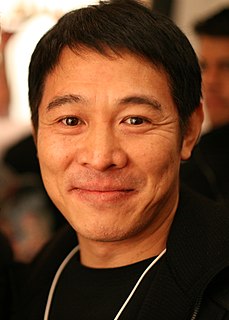A Quote by Sissy Spacek
Rarely in film acting do you get to do a scene for very long.
Related Quotes
My editor and I remain very disciplined. It's just sometimes when you're making a film, you get into the cutting room and you see a scene that's slowing you down in a certain section, but if you remove that scene then, emotionally or story-wise, another scene a half-hour later won't have the same impact. You just get stuck with it.
Film and television are very different. On the TV show, we do seven or eight scenes a day, so time and money are of the essence, and we have zero room for creativity because you've got to do each scene in only five takes. Whereas, on a film, you have an entire day to film one scene, so you have so much time to choose how you want to fill in a scene.
It makes it very easy. I have a beginning, middle, and end, and I don't film for long - about 20 hours usually for a two-hour film - so it's easily watchable in a week for me and the editor. Once I know who the characters are, I only film those characters, unless somebody else forces their way into the film by a scene happening to them or we meet them by chance.
That one long scene in the Leftovers I have with David Gulpilil was seven pages long. When we finished it, Mimi Leder said, "I thought you were gonna do this in bits and pieces. You just did the whole thing." And I literally couldn't remember the scene. It wasn't that I was in a trance. I said, "Just keep shooting takes until you see what you want." In 48 years of acting, which is also how long I've been married, that had never happened to me.
Sometimes when you're making a film and something happens during a scene that you've just thought of, it can be missed if the wrong lens is on or if you're shooting in the wrong direction but this [performance capture] doesn't miss a thing. So, you might do something that's genius - very rarely, admittedly - but it doesn't miss it.
